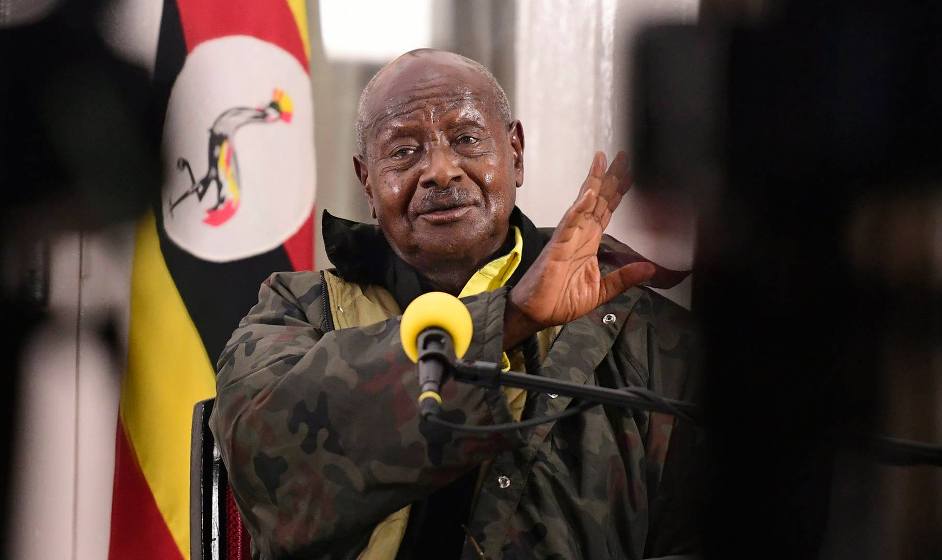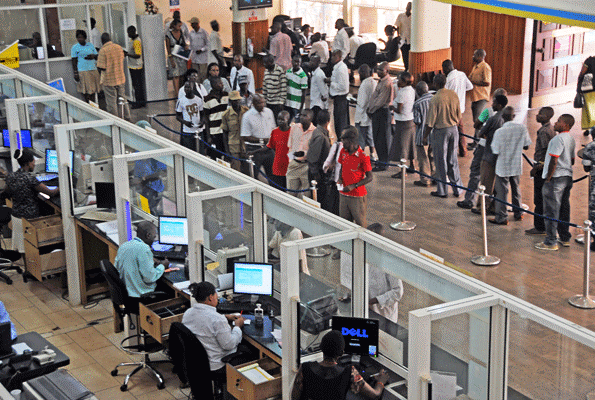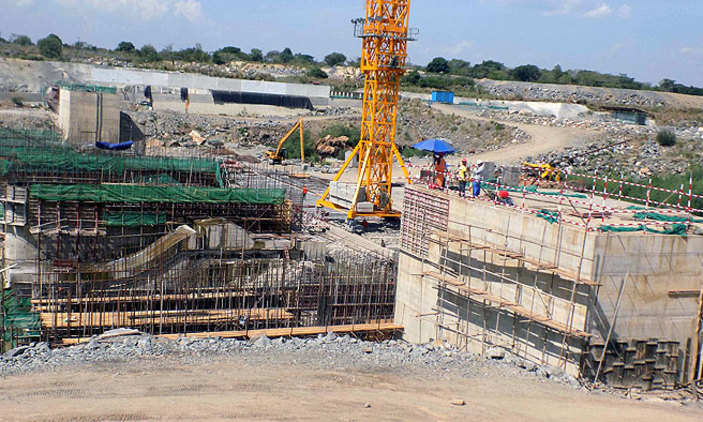The Newly appointed World Bank President Ajaypal (Ajay) Singh Banga (pictured) has unveiled plans to visit Africa among other regions soon to acquaint himself with the issues surrounding borrowers and partners.
Banga is poised to become the next World Bank President later this year, amidst mixed reactions over his nomination by President Joe Biden. His nomination last month was as much of a surprise to many as was outgoing president David Malpass’ notice of resignation, who will leave office by July, a few months before completing his first five-year term.
If confirmed, Banga will be in the spotlight for how he will balance the US approach to climate change and the positions of the other countries, about a potential move away from the institution’s core mandates of fighting poverty and funding economic development projects within national borders.
The World Bank has also over the years evolved from being a lender and debt collector to a collector and processor of large amounts of data, which it generates on the basis of economic models. Under the Clean Air Initiative, the Bank advances innovative ways to improve air quality in cities through partnerships by sharing knowledge and experiences.
It is through this, for example, that it supports electric vehicle initiatives and such initiatives that help address and tackle pollution and related effects like diseases. It has also assumed a leading role in fighting against pandemics, for example, following the outbreak of COVID-19, the Bank said it had, by June 2022 allocated 10 billion US Dollars for vaccines in 78 low and middle-income countries.
However, world leaders have called on the international lender to rethink how it addresses emerging global crises like climate change, food security and the coronavirus pandemic. Environmental advocates have also stated that the next World Bank President should be able to put more of its resources to address rising temperatures and deliver finance to green energy systems across the globe.
But Banga’s choice has been criticised by the same environmentalists and climate activists who say that he seems to have no previous record about the issue. His background as a business executive has also left some sections of analysts doubtful about his ability to meet the current challenges and goals of the World Bank, especially increasing climate funding and raising funding levels for developing countries.
“The World Bank is about a host of issues, which include climate. So, I mean, first, you actually have to run the bank, which is no small feat,” said Kalee Kreider, adviser to former Vice President and climate activist, Al Gore. But some see the imminent appointment as a step to make the World Bank “a bank again”.
However, Veteran politician and former US Secretary of State John Kerry believes Ajay Banga is the right choice to take on the responsibilities of the World Bank at this critical moment.
“The climate crisis requires new thinking and creative vision regarding finance so that we can meet the challenge of the energy transition. Ajay has proven his ability as a manager of large institutions, and understands the investment and the mobilization of capital to power the green transition,” Kerry said in a tweet.
He says that the Bank needs to put in place new policies that help deploy the large sums of money necessary to reduce global emissions and develop vulnerable countries to adapt, build resilience, and mitigate the impact of greenhouse gases.
Banga has been close to the powers, having served on President Barack Obama’s administration trade advisory council, and more recently, chaired Vice president Kamala Harris’ Partnership for Central America which works with business leaders to tackle issues of migration and development in El Salvador, Guatemala and Honduras.
“You cannot have economic prosperity without caring about nature, pandemics, fragility, food availability – this is our new world. You need to understand that the challenges are multiplied and are multipolar,” he said in an interview Thursday about his view of climate change.
He also announced plans to visit Asia, Africa, and Europe to meet with representatives of member countries and borrowers on the challenges that they face. Since the 2020 elections, Banga has been an outside adviser to Vice President Kamala Harris as Chairman.
Banga’s predecessor, Malpass was criticised heavily over his apparent reluctance towards the climate change fight, especially when he refused to condemn fossil fuel development programs last year. On the consensus by scientists on climate change, he responded to questions by saying he was not a scientist.
Malpass’ departure comes as the World Bank signalled its intention to make climate action more central to its mission. Announcing his departure, Malpass said he was proud of his achievements.
“We’ve worked hard to reduce poverty, increase economic growth, reduce government debt burdens, and improve living standards across the full range of human development”, he said and added that the World Bank had “reached major new records in financing levels, including climate financing” during his term.
Global Citizen, a platform fighting to end extreme poverty said that Jim Yong Kim, a South Korean-American who resigned from the same position in 2019 left behind “a robust legacy of championing the world’s poor, reforming development funding, combating climate change, and wading into some of the preeminent political challenges.
More About the Ajay Banga
Born and raised in India, Banga is an accomplished businessman with hardly any previous connection to multinational institutions like the World Bank. He is currently the vice chairman of General Atlantic, an American growth equity firm providing capital and strategic support for global growth companies. He previously served as Mastercard CEO, and before that, as Chief Executive at Citi Group.
Earlier in his career, Banga worked at Nestle and PepsiCo. He has also served as head of the US-India Business Council and chairman of the International Chamber of Commerce and sits on several corporate boards. His career reflects as much his educational background as an Indian-educated business professional.
The son of an Indian army general, Banga graduated with a Bachelor of Arts degree in Economics from St. Stephen’s College, Delhi followed by a PGP in Management (equivalent to MBA) from the Indian Institute of Management, Ahmedabad.
Traditionally, the World Bank president has always been a U.S. citizen nominated by the US president on behalf of the country, which is also the largest shareholder in the bank and approved by the executive board of the Bank.
Kristalina Ivanova Georgieva-Kinova, a Bulgarian economist, is the only non-American to have headed the Bank when she served in an acting capacity from February to April 2019 after the resignation of She was the World Bank group’s chief executive officer at the time.





